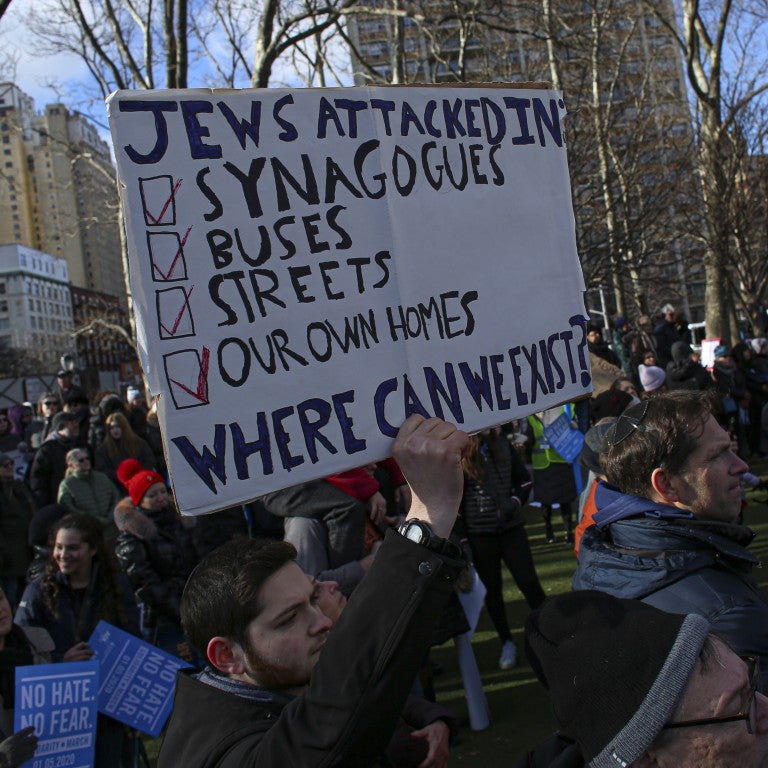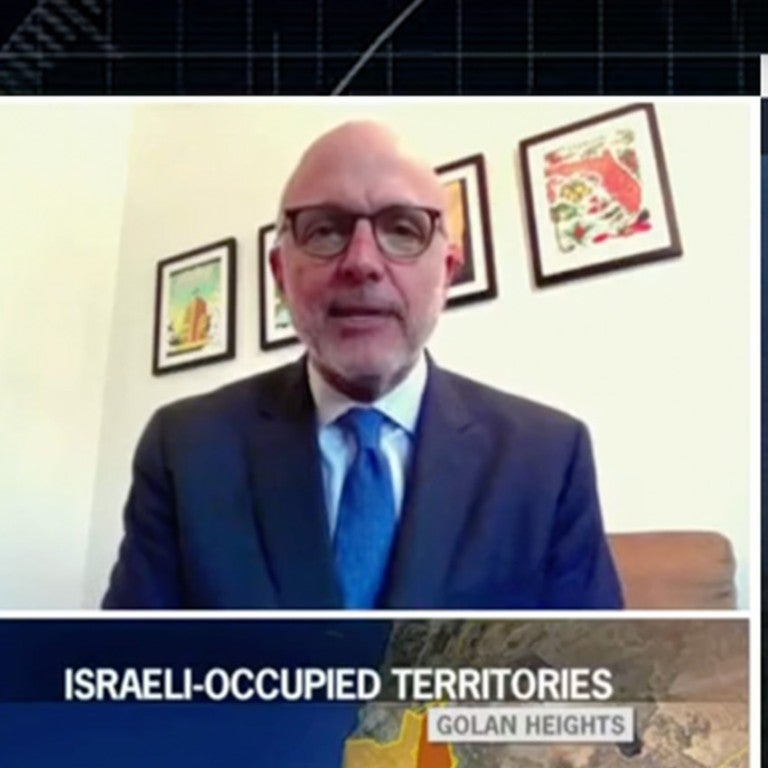The American Jewish community is reeling not just from the shock of Hamas’ Oct. 7 attack but also from the explosion in domestic Jew hatred it has provoked. Antisemitic vandalism, harassment, intimidation, and violence, including an incident last week where Queens high school students rioted over a teacher attending a pro-Israel rally, have skyrocketed across the country. Personal relationships have been shattered by the realization that some friends support Hamas.




